206 Jihadists released in exchange for European hostages and Soumaïla Cissé in Mali. Over the weekend 3-6 October, hundreds of Jihadists were released in Mali in exchange for the release of four hostages.
The humanitarian Sophie Pétronin, the last French hostage, kidnapped in northern Mali in 2016; two Italians, tourist Nicola Chiacchio and father Pier Luigi Maccali; and Soumaïla Cissé, former opposition leader in Mali, kidnapped earlier this year near Timbuktu.
This controversial exchange could involve a change in the new government’s strategy with respect to that of former president Ibrahim Boubacar Keïta (IBK) when negotiating with terrorists. The controversy surrounding this event stems from the lack of transparency and information on the exchange. First, the 100 Jihadists were released before any of the hostages were released. These 100 alleged Jihadists were transferred on Sunday 5th October from Niono, central Mali, to the region of Tessalit in the north. It has not been made public who these released prisoners are, but it seems that not all of them are confirmed Jihadists, but some were sympathisers or members of armed groups in northern Mali. The terrorist group that freed the European hostages and the Malian political figure, Jama’at Nasr al-Islam wal Muslimin (JNIM), confirmed in a message on the Telegram network that 206 “fighters” had been released. The Jihadists include those responsible for the attack on the Radisson Blu Hotel in Bamako in 2015 and the attacks on Spledid Hôtel and the Cappuccino café in Ouagadougou.
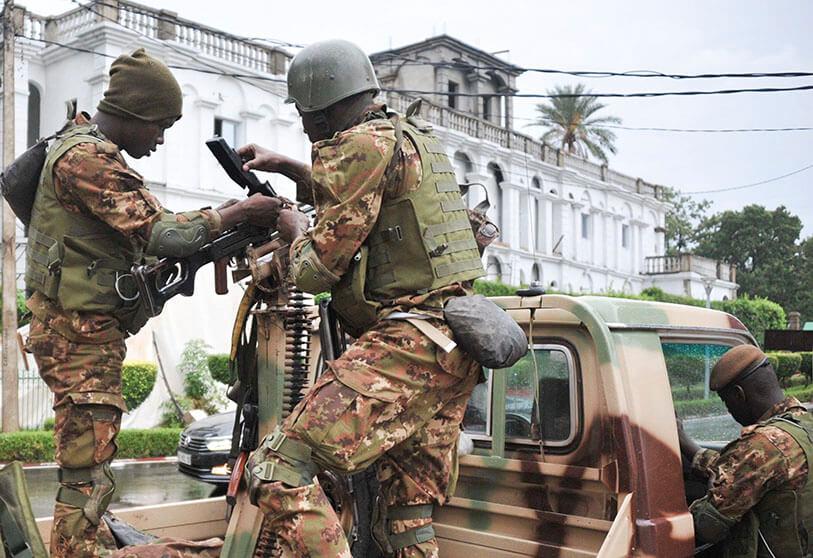
Malian soldiers stand guard in a military vehicle outside the presidential palace in Bamako – AFP
While the release of the three Europeans has caused the greatest stir, the main negotiation concerned the release of Soumaïla Cissé, abducted shortly before the presidential elections in Mali. Cissé’s release has been under negotiation for months, and was initiated during the IBK government, prior to the “Coup d’Etat“. According to the analysis of Jeune Afrique, a specialised newspaper with access to privileged information, negotiations on Cissé began before those on Pétronin, but the French government insisted that both should be released at the same time. Chérif Ould Attaher, former MUJAO leader, represented the government, and Sedane Ag Hita, JNIM’s number two, took part in the negotiations. The latter asked them, in exchange for Cissé’s life, for two million euros and the release of several detained Jihadists. The French government subsequently managed to negotiate with the Malian government the release of Petronin thanks to the mediation of Ahmada Ag Bibi, a deputy of Kidal Tuaregs, an acquaintance of Iyad Ag Ghali, leader of JNIM. The exchange should have taken place at the end of August, but owing to the coup d’état, the release has been delayed until October.
The exchange of prisoners and terrorists has been a common practice since the arrival of the Jihadist groups in Mali, but ex-president IBK was never in favour of open negotiations with the terrorists. In the Algerian peace agreements, Jihadist groups such as Ansar Dine, which had participated in the front, were excluded. Former Malian president IBK stressed that it was impossible for the Islamists to be part of the agreement as Mali is a secular and democratic state and the aspirations of the Islamist groups are to do away with the state as it is known. In 2017 the Malian government considered a new approach following the report of the Conference of National Understanding, including a whole section on the possibility of holding a dialogue with some Jihadist figures. This dialogue has been supported by religious leaders such as Mahmoud Dicko, who is very influential in political affairs. Those in favor of dialogue do not necessarily support an Islamic state but opt for a pragmatic approach. Their reasoning is that in the past they have negotiated with Tuareg leaders (including Ag Ghali when he was a Tuareg leader in the 1990s) who also aimed at destroying the sovereignty and integrity of the territory. On the other hand, international forces, especially France and the United States, have always categorically denied the possibility of negotiating with terrorists.
jihadist leader Iyad Ag Ghali and the military big winners in the release of hostages
Koufa also rejected proposals for negotiations with Jihadists in the wake of the report of the Conference of National Understanding. Shortly after that communiqué, he stated that he would consider the possibility of negotiating with the power provided it was without intermediaries and in the absence of international forces in the region, including MINUSMA. In early 2020, JNIM returned to this line of thought by issuing a communiqué in which it expressed willingness to negotiate in order to put an end to the conflict in central Mali. In this case, in the March 2020 statement, they claim that they only set one condition for sitting down at the negotiating table, namely that the government should “withdraw its formal invitation” for the “entry” of French and other forces, declaring “openly the end of the presence of Barkhane’s and MINUSMA’s troops in their territories“.
Unlike Daesh, JNIM did seem willing to negotiate. The liberation might be a first step towards continuing to negotiate in public with the Malian state.Political will has been missing until now, but with the change of government this could be the opportunity to put an end to the eight years of indiscriminate violence in northern and central Mali. It is evident that the negotiation would not be about converting Mali into the new Jihadist caliphate where the Sharia is applied, despite this being JNIM’s discourse. It should be remembered that the Jihadist leaders were community leaders before becoming radicalized, so a negotiation centered on demobilization could be attractive to both sides. The opinion of the international forces involved in the region and of the neighboring countries will be crucial to the Malian government’s decision on the negotiations.
Sources: AFP – DiplNet – Intel



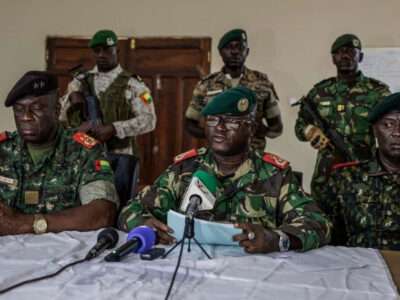
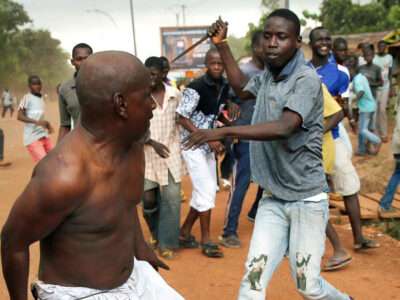


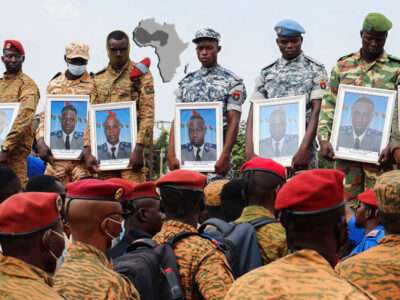



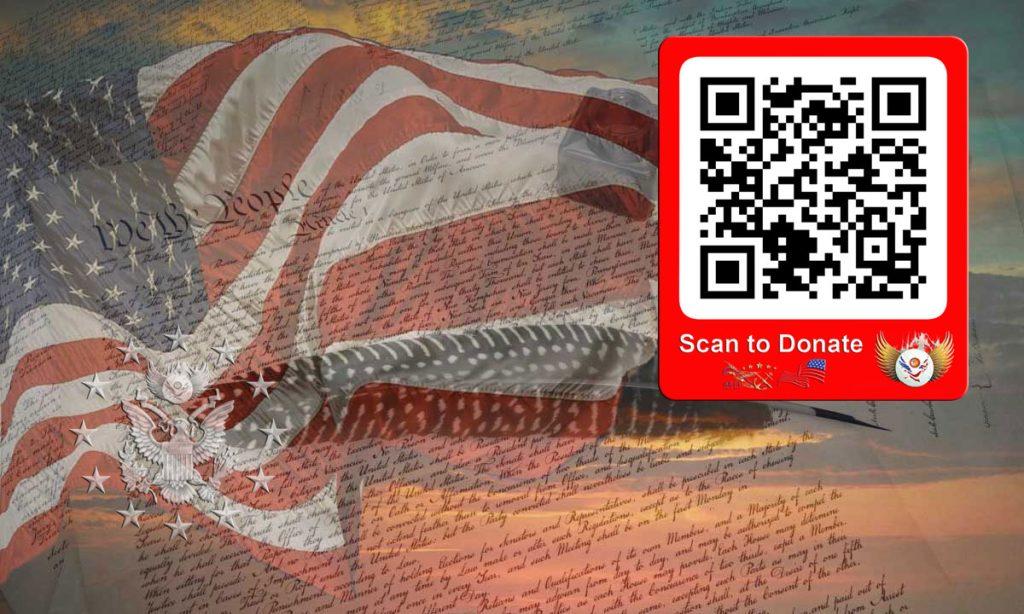











Comments